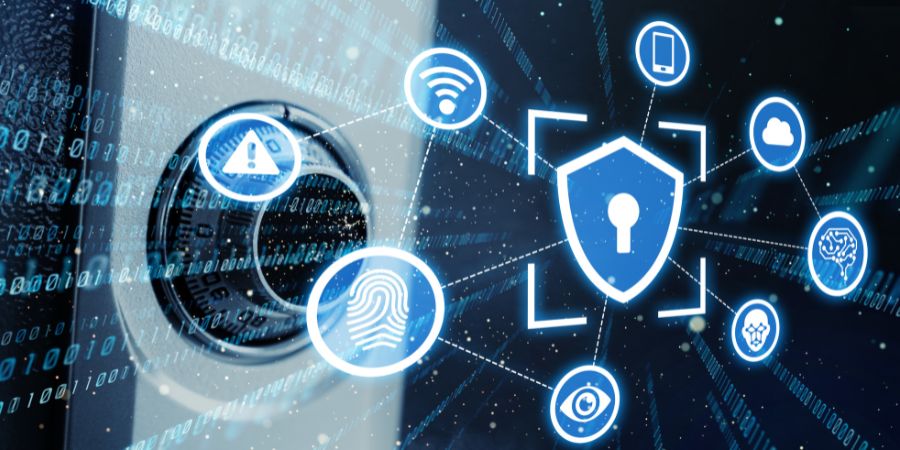Whether it’s transmitting sensitive financial data, personal messages, or confidential business information, the need for safeguarding this information against unauthorized access or interception is critical. One of the fundamental techniques to achieve secure communication is the use of encryption protocols, which encrypt data packets to protect them during transmission. In this blog post, we will delve into the encryption protocols that ensure secure communication over a network.
The Importance of Secure Communication
Secure communication is essential to maintaining the confidentiality, integrity, and authenticity of data exchanged between parties. Without adequate protection, data transmitted over a network can be intercepted, eavesdropped upon, or tampered with, leading to privacy breaches, data leaks, and even financial losses. Encryption protocols provide a robust defense mechanism against these threats.
Encryption Protocols Explained
Encryption protocols are sets of rules and algorithms that govern how data is encrypted before it’s transmitted and subsequently decrypted upon arrival at its destination. They ensure that data remains confidential and tamper-proof during transit.
Here are some of the key encryption protocols commonly used to secure communication over networks:
1. Transport Layer Security (TLS)/Secure Sockets Layer (SSL)
TLS and its predecessor SSL are widely used encryption protocols for securing web communication. They provide encryption and authentication, ensuring that data transmitted between a web server and a client (e.g., a web browser) remains confidential and untampered.
TLS/SSL relies on a combination of symmetric and asymmetric encryption to establish a secure channel. The use of digital certificates helps verify the authenticity of the server.
2. IPsec (Internet Protocol Security)
IPsec is a protocol suite used to secure communication at the network layer. It can encrypt data packets between devices, ensuring that data remains confidential during transmission over an IP network. IPsec is often used for securing site-to-site VPNs (Virtual Private Networks) and remote access VPNs.
3. SSH (Secure Shell)
SSH is a protocol used for secure remote access to network devices and servers. It encrypts login credentials, commands, and data exchanged between a client and a server, preventing unauthorized access and eavesdropping.
4. PGP (Pretty Good Privacy) and OpenPGP
PGP is an encryption protocol used for securing email communication. It employs public-key cryptography to encrypt and digitally sign email messages, ensuring their confidentiality and authenticity.
5. S/MIME (Secure/Multipurpose Internet Mail Extensions)
S/MIME is another email encryption protocol that integrates with email clients and servers. It allows users to encrypt and digitally sign email messages, adding an extra layer of security to email communication.
The Role of Encryption in Secure Communication
Encryption protocols play a crucial role in ensuring secure communication over a network by:
- Confidentiality: Encrypting data packets renders them unreadable to unauthorized parties, maintaining the confidentiality of the information being transmitted.
- Integrity: Encryption protocols provide mechanisms to detect tampering or alterations of data during transit. If data is tampered with, it will no longer match the decryption result, signaling potential tampering.
- Authentication: Many encryption protocols use digital certificates or cryptographic keys to authenticate the identity of the sender or receiver, preventing impersonation or man-in-the-middle attacks.
- Data Origin Authentication: Encryption protocols also verify the source of the data, ensuring that it comes from the intended sender.
In an age where data breaches and cyberattacks are all too common, secure communication over networks is non-negotiable. Encryption protocols serve as the backbone of secure communication, protecting data packets from prying eyes and ensuring that information reaches its destination intact and authentic. Whether you’re browsing the web, sending emails, or accessing remote resources, understanding and implementing encryption protocols is essential for maintaining the security and privacy of your data in the digital realm.











